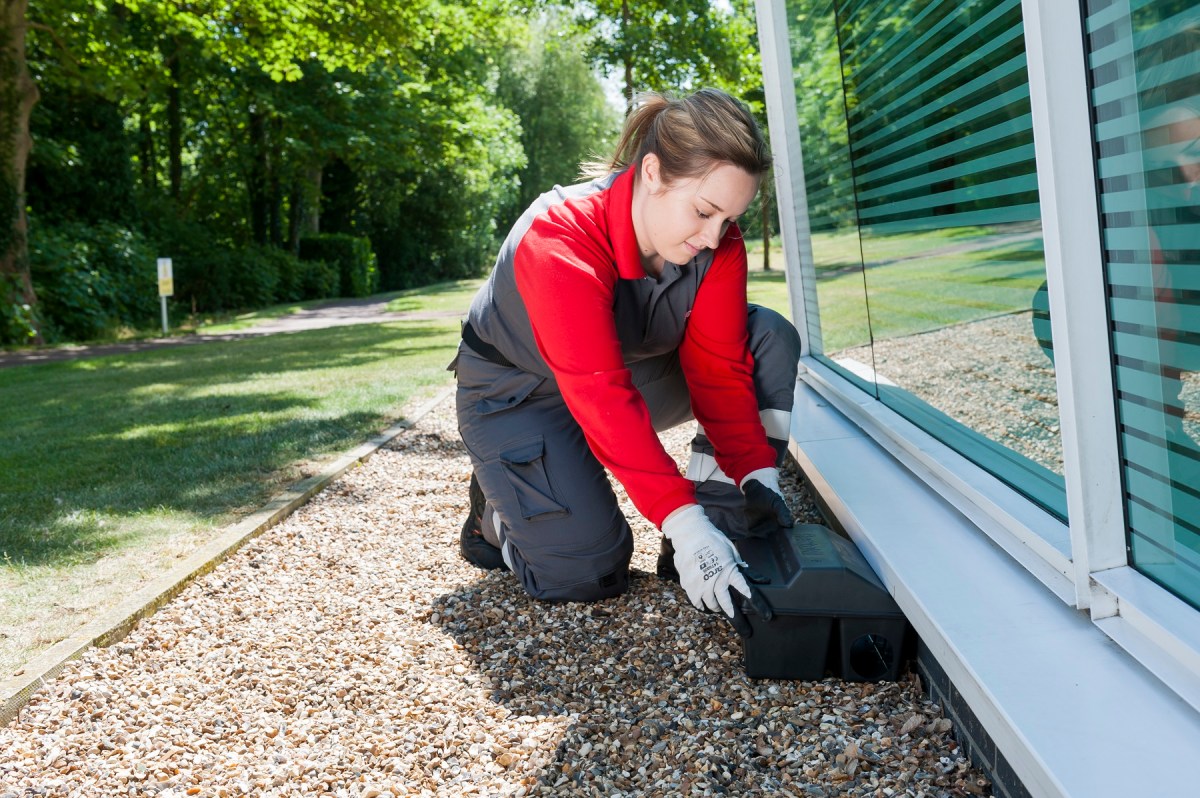With El Niño set to bring hotter, drier weather to much of Australia this summer, we’re likely to spend more time inside seeking the relief of air con as temperatures soar.
That may mean more foot traffic for retailers, however this can also have a serious impact on their working environment. El Niño brings with it increased risk of bushfires which leads to poor outdoor and indoor air quality.
In addition to air quality, we expect the warmer temperatures to bring an influx of pests, including vectors like mosquitoes and house flies that carry diseases and pathogens, as well as the usual suspects, such as ants and cockroaches.
The rise in temperature provides a suitable environment for numerous pests and prompts them to enter indoor spaces in search of cooler conditions, food, and water.
Experiencing pest activity in your workplace is therefore more likely, and the pest management measures that worked last year, won’t necessarily be as effective this year.
How to protect indoor air quality in retail environments
While the effects of poor outdoor air quality are often more visible, most Australians don’t realise that indoor air is not always healthier.
Globally, there are an estimated 3.8 million premature deaths caused by indoor air pollution each year[1]. Indoor air can be up to five times more polluted than outdoor air [2] due to indoor air pollutants, such as dust, pollen, gases and fumes, increasing the risk of respiratory infections. These pollutants are increasingly posing a risk to health, wellness and mental acuity.
One of the easiest steps towards creating a healthy indoor environment is for businesses to add an air purifier with a HEPA filter to help remove indoor air pollution and allergens.
Recent research from CSIRO shows that having portable air purifiers, fitted with high-efficiency particulate air (HEPA) filters, can substantially improve indoor air quality during extreme smoke events. They also protect against dirty air year-round and are an affordable way to protect your health while indoors.
Rentokil Initial’s InspireAir 72 air purification device removes over 99.95% of harmful airborne particles, including bacteria, viruses, mould, pollen, dust, allergens and smoke particles from indoor environments through its multi-layer HEPA filter.
Additionally, to protect employees and customers from the risks associated with poor indoor air quality, we recommend that businesses implement a ‘best practice’ 360º approach to hygiene. Regular cleaning protocols are not enough to prevent transmission when used in isolation. A protocol which encompasses air, hand, surface and washroom hygiene measures creates a hygienic environment for employees and customers, helping to safeguard their health and wellbeing.
How to keep pests away
No-one wants unwelcome guests in their premises. Staying proactive is essential to prevent pests from intruding on your business. With most retail centres offering some type of food premises – a natural attraction for pests – it’s important for retailers to take extra steps to keep unwanted pests out this summer.
Earlier this year we asked Australian consumers about their experiences with pests, and we found that they’re increasingly concerned, with 78 per cent stating they’re worried about finding creepy crawlies in their food or workplace. Worst still, a quarter told us that they’d found signs of a pest in their food over the last three years.
At Rentokil Initial, we utilise a five-step guide to take the stress away from our customers and prevent an influx of pests before any damage can be done.
- Contact a reputable professional, like Rentokil Initial
- Arrange an inspection with an experienced and knowledgeable technician
- Embark on a targeted treatment plan
- Pest-proof your environment
- Schedule, review and re-treat if required
Pests are extremely costly for businesses and prevention is crucial. Treating pests before they become an issue, is a much cheaper and more effective solution, and a more sustainable one too. Pest control has evolved to utilise science, innovation and technology, including AI, to track pest behaviours and help businesses sustainably prevent, treat and control pest activity rather than relying on chemical sprays at first sight of a pest.
While El Niño can make everyday life more challenging for all of us, by planning ahead and managing indoor air quality and pest control in advance, it means two fewer problems to sweat over this summer.
Andrew Stone is managing director Pacific at Rentokil Initial.
[1] World Health Organization. “Household air pollution and health.” WHO. 2018. https://www.who.int/news-room/fact-sheets/detail/household-air-pollution-and-health
[2] https://www.epa.gov/report-environment/indoor-air-quality

